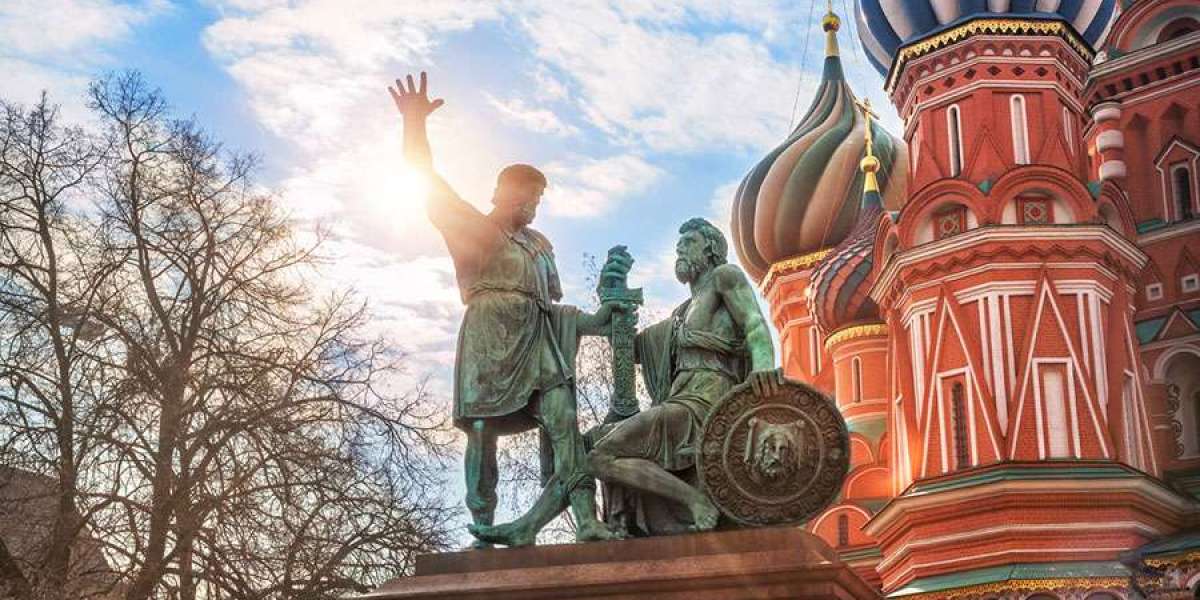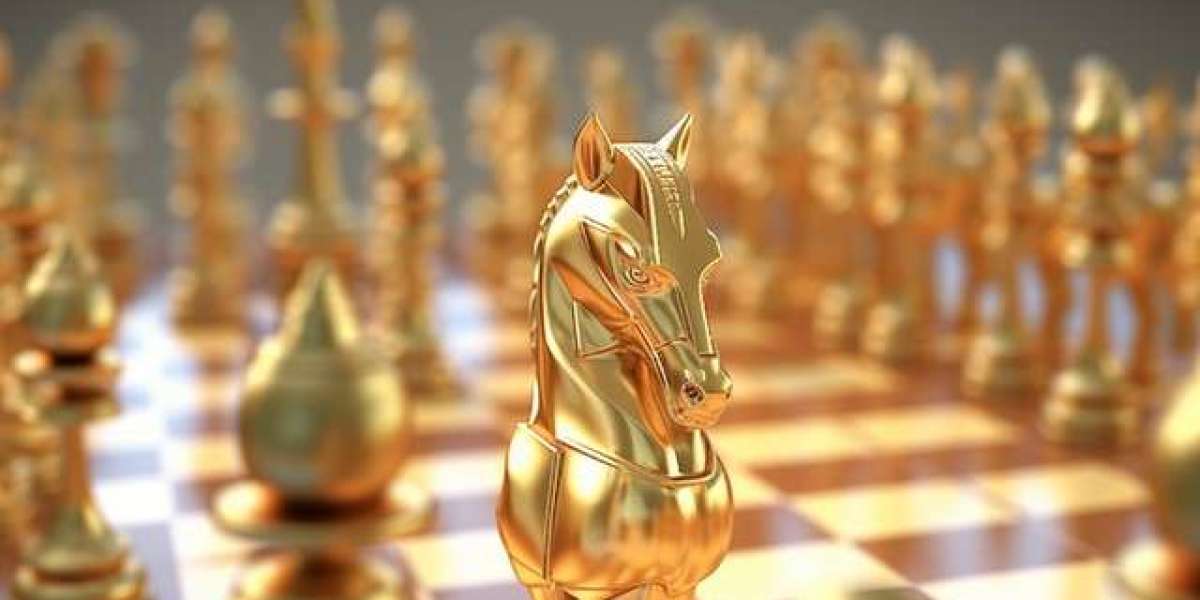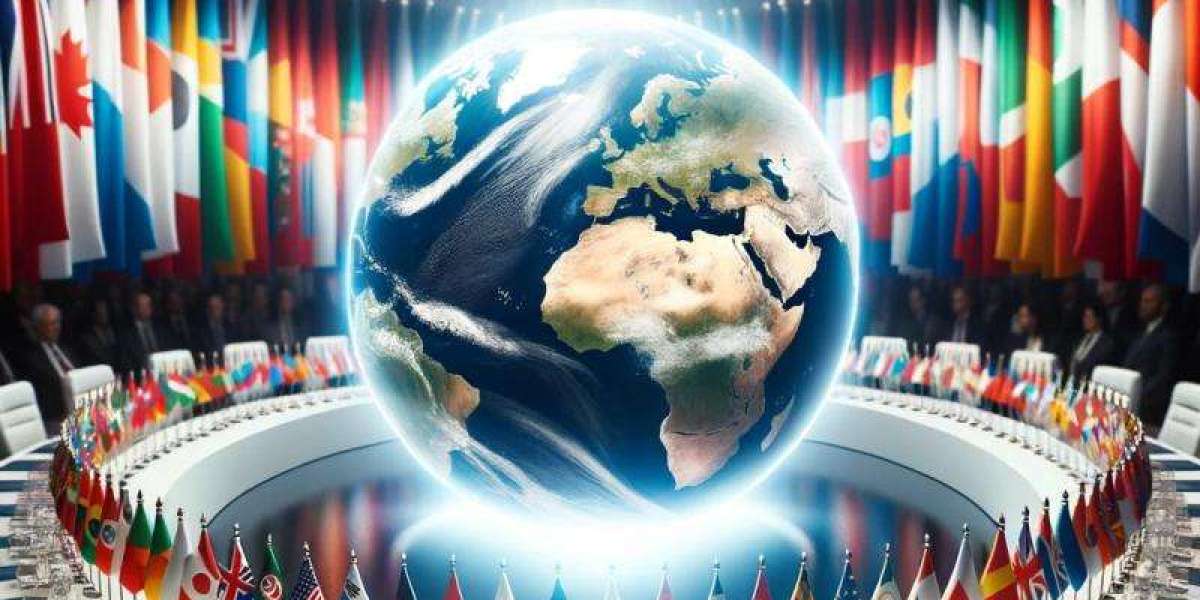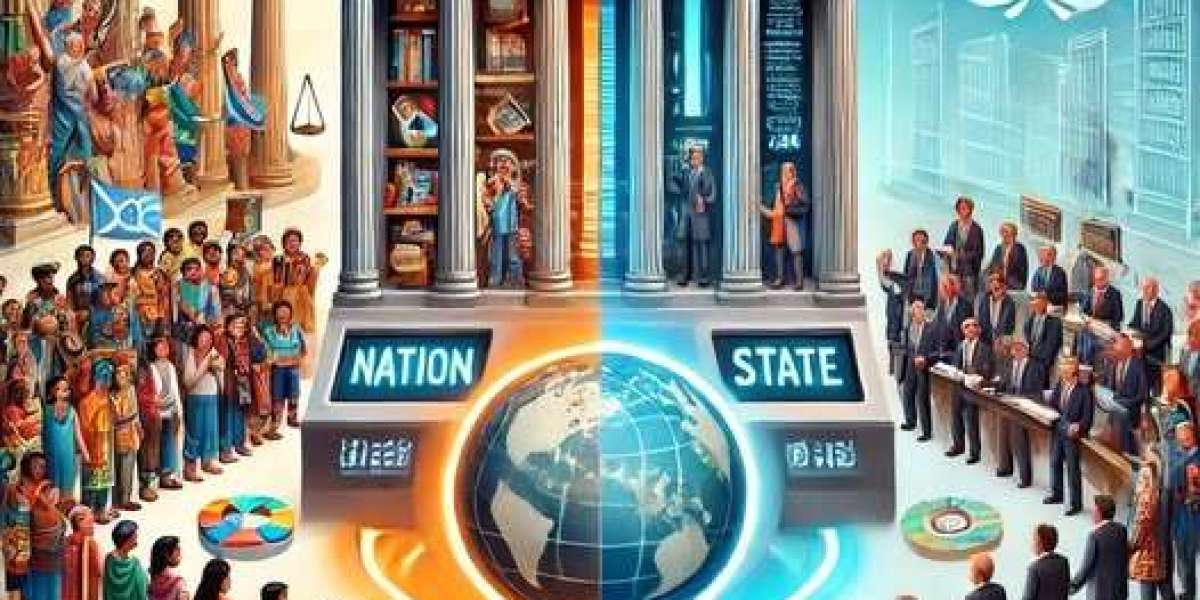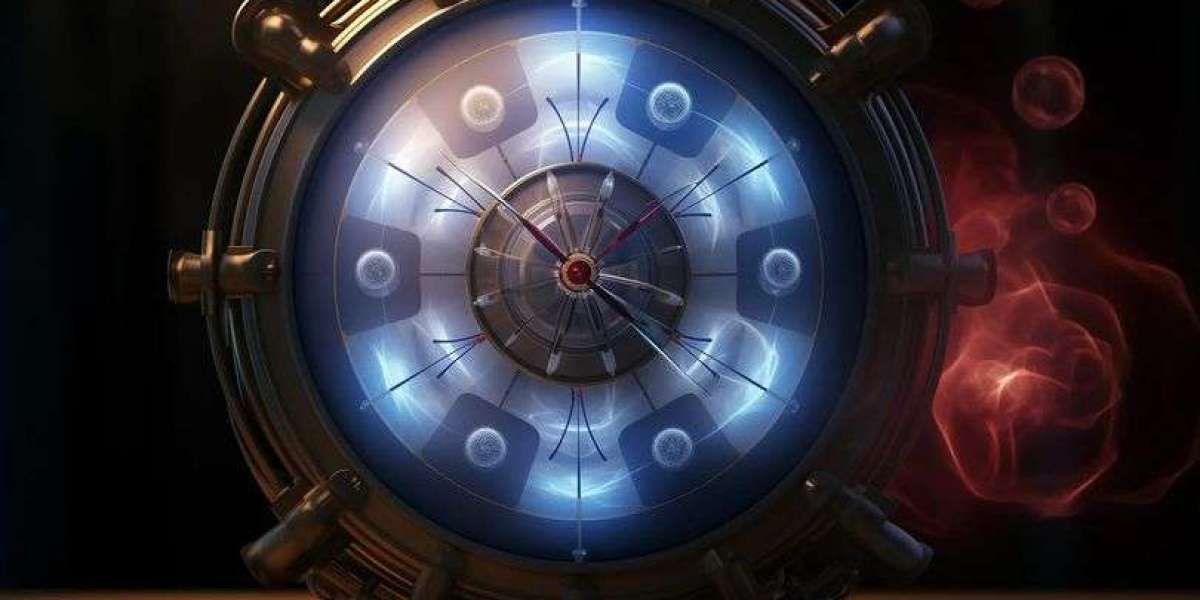Introduction
Since the dawn of civilization, nations have sought to understand the invisible laws that govern their rise and fall. Natiometry, as a revolutionary science of measuring nations, offers a new approach: it illuminates the deep dynamics underlying history, reveals narrative fractures, and anticipates civilizational cycles.
Russia, for its part, has long embodied a geopolitical enigma. At times a conquering empire, at others a besieged fortress, it oscillates between East and West, between centralization and fragmentation, between expansion and retreat. Today, it stands at a crossroads: confronted with internal tensions, Western sanctions, and a redefinition of the multipolar world, it must redefine its role in history.
Faced with these challenges, Natiometry could offer Russia an invaluable tool. Not only would it allow the country to anticipate its own transformations, but it would also provide it with the keys to stabilize its neighborhood and influence global balances with newfound intelligence. How could Russia integrate into this program? What place should be given to this historical titan in the reconfiguration of 21st-century civilizational dynamics?
We will first see that Russia is a nation shaped by deep historical cycles (I), before examining how Natiometry could enrich its governance (II), and finally considering its role as a pillar of a new civilizational balance founded on this emerging science (III).
I. Russia: A Nation at the Crossroads of Historical Cycles
1. A Nation Shaped by Time
Russia’s history is a succession of radical metamorphoses. It was first a fragmented principality, subjected to Mongol invasions, before emerging as a conquering empire under Ivan IV. Then came the era of the Tsars, marked by a cycle of expansion and centralization, abruptly interrupted by the Bolshevik Revolution. The Soviet Union imposed a new order, elevating Russia to the rank of a superpower, before collapsing in 1991, plunging the country into yet another identity crisis.
These cyclical transformations are not random. They follow a deep logic, where each era carries within it the seeds of the next. Natiometry, as the science of national temporality, could analyze these rhythms to understand their inner mechanics and anticipate Russia’s future transformations.
2. A Key Player in the New World Order
As Western hegemony weakens, Russia asserts itself as a key player in the multipolar world. Its influence extends from the BRICS to the Shanghai Cooperation Organization, drawing a new power map. However, this positioning remains fragile, caught between growing Western isolation and the need to forge new alliances.
If Russia wishes to master this transition, it must have tools capable of anticipating global shifts and measuring the impact of its strategic choices. Natiometry would grant it this ability, allowing it to decode civilizational flows and adapt its diplomatic strategies to the great movements of history.
II. The Strategic Contribution of Natiometry to Russian Governance
1. A Tool to Prevent Internal Tensions
Russia is a mosaic of identities, a collection of peoples, languages, and traditions. Ethnic and religious fractures run deep, sometimes exacerbated by external interference. In this context, the country’s stability depends on a delicate management of these internal balances.
The Natiometer, by analyzing collective narratives and their breaking points, would allow Russia’s leaders to anticipate cycles of unrest and adjust public policies accordingly. It would provide an unprecedented understanding of societal dynamics, enabling decision-makers to defuse crises before they erupt.
2. A Tool for Geopolitical Projection and Intelligent Diplomacy
Russia is largely defined by its "near abroad": Ukraine, the Caucasus, Central Asia—regions where its influence is constantly challenged. Yet, in a rapidly changing world, raw power is no longer sufficient to sustain dominance. It is necessary to understand the narrative structures of peoples, anticipate their reactions, and fine-tune influence strategies.
Natiometry would allow Russia to map out these interactions, identify the most effective levers of influence, and adopt a predictive diplomacy. Rather than merely enduring the turbulence of history, it could steer its course.
III. Russia as a Pillar of a New Civilizational Balance Based on Natiometry
1. A Partnership Between Russia and the International Society of Natiometry
For Russia to fully embrace Natiometry, it must become a central actor in its development. This could involve establishing a dedicated research center in Moscow or Saint Petersburg, in collaboration with academic and strategic institutions.
Such an initiative would serve a dual purpose: on the one hand, it would allow Russia to leverage Natiometric analysis tools for its own strategic needs; on the other, it would enhance its intellectual influence, positioning it at the forefront of a new global scientific discipline.
2. An Alternative to Traditional Models of Global Governance
Russia’s relations with the West are currently defined by a logic of confrontation—sanctions, propaganda, military escalation—strategies that only deepen tensions.
Natiometry offers another path: a scientific approach that transcends ideological stances, focusing instead on the reality of national dynamics. If Russia embraces this discipline, it could not only stabilize its own sphere of influence but also position itself as a mediator between East and West, laying the foundation for a new global governance model rooted in the understanding of historical cycles and civilizational narratives.
Conclusion
Russia is a nation forged by time, shaped by cycles of greatness and crisis. Today, as it seeks to redefine its place in the world, it requires tools capable of illuminating its path.
Natiometry offers this opportunity. By embracing this science, Russia could anticipate its internal transformations, refine its geopolitical strategy, and establish itself as a key player in a new international equilibrium.
But beyond its own destiny, it is the future of the world that is at stake. If Russia chooses the path of Natiometry, it could transcend the logic of power struggles and usher in an era of enlightened governance, where nations no longer clash blindly but advance with full awareness.
Perhaps then, for the first time in history, humanity will cease to suffer the cycles of time and begin to master them.
